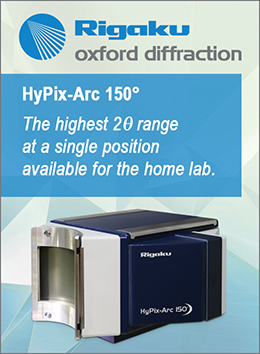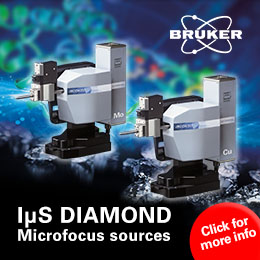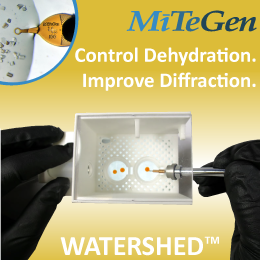


Meeting report (IUCr supported)
RapiData 2018
![RapiData group photo [RapiData group photo]](https://www.iucr.org/__data/assets/image/0006/141099/RapiData-group.jpg)
RapiData 2018 participants.
The RapiData 2018 practical workshop in macromolecular X-ray crystallography was hosted by the Structural Molecular Biology (SMB) group at the Stanford Synchrotron Radiation Lightsource (SSRL) in Menlo Park, CA, USA, from 22 to 27 April 2018. As in past editions of the course, our aim was to educate and train young scientists in data collection and processing methods at synchrotron beamlines, using state-of-the-art software and instrumentation. The co-organizers of the 2018 course were SSRL scientists Clyde Smith, Silvia Russi and Ana Gonzalez.
The 2018 course attracted 41 young and early-career scientists, mainly postgraduate students and postdoctoral researchers, but also some master students, research staff and junior faculty from around the world. One important mandate for all the previous RapiData courses has been to encourage attendance by young scientists from Latin America with the assistance of scholarships from the IUCr. As always, this IUCr support is critical, as the amount of funding available to research institutions in Latin America for student travel grants has severely diminished over the years. Moreover, as with last year, we have had to substantially increase the size of the awards in order to facilitate attendance of participants from this region. We awarded five scholarships to pay for accommodation and/or travel and subsistence expenses to attend RapiData 2018. The recipients were selected based on a letter of recommendation by their supervisor stating how the student would benefit from attending the course and how their attendance will allow for the dissemination of the practices taught at the course in their home laboratories. The awards were presented during a ceremony on the last day of the course.
On Sunday 22 April, Bob Sweet (Brookhaven National Laboratory) gave a five-hour lecture course on the fundamentals of crystallography to ensure that students without much previous experience in crystallography benefit fully from the lectures and practicals during the rest of the course. As has been the norm for the previous few years, almost all of the participants take advantage of this day of lectures. On the Monday and Tuesday there were lectures covering topics ranging from light sources, beamline instrumentation, sample preparation, data collection, indexing, integration, phasing and complementary techniques. Invited speakers were Aina Cohen (SSRL), Raji Edayathumangalam (Columbia University), Elspeth Garman (Oxford University), Andreas Foerster (Dectris), Ana Gonzalez (SSRL), Jim Pflugrath (Rigaku), Harry Powell (Diamond Light Source), Enrique Rudiño-Piñera (UNAM), Nick Sauter (LBNL), Ivan Shablin (University of South Carolina), Clyde Smith (SSRL), Bob Sweet (BNL), Tom Terwilliger (LANL) and Thomas Weiss (SSRL). Participants were also able to tour the serial femtocrystallography facilities at the Linear Coherent Light Source (LCLS). From Tuesday evening through to Thursday evening, the participants were involved in hands-on software tutorials on data reduction (XDS, HKL2000, DIALS) and structure solving software (CCP4, Phenix, HKL-3000), along with sample preparation and data collection tutorials at four SSRL beamlines. These tutorials were run by the speakers and additional tutors from the Phenix group (Pavel Afonine, Li Wei Hung, Nigel Moriarty, Dorothee Liebschner), CCP4 (Andrey Lebedev) and SSRL and Stanford University staff (James Holton, Tzanko Doukov, Irimpan Mathews, Daniel Fernandez, Thomas Lane, Silvia Russi and Clyde Smith). Students were encouraged to bring their own specimens and data for data collection and processing; samples were also provided by the organizers for students who did not have their own. The course ended on Friday 27 April with an award ceremony and round table feedback meeting. Both students and speakers and tutors expressed a high degree of satisfaction with the course. Based on the positive feedback, we intend to hold the course at SSRL from 5 to 10 May 2019. See more information here.
Copyright © - All Rights Reserved - International Union of Crystallography





